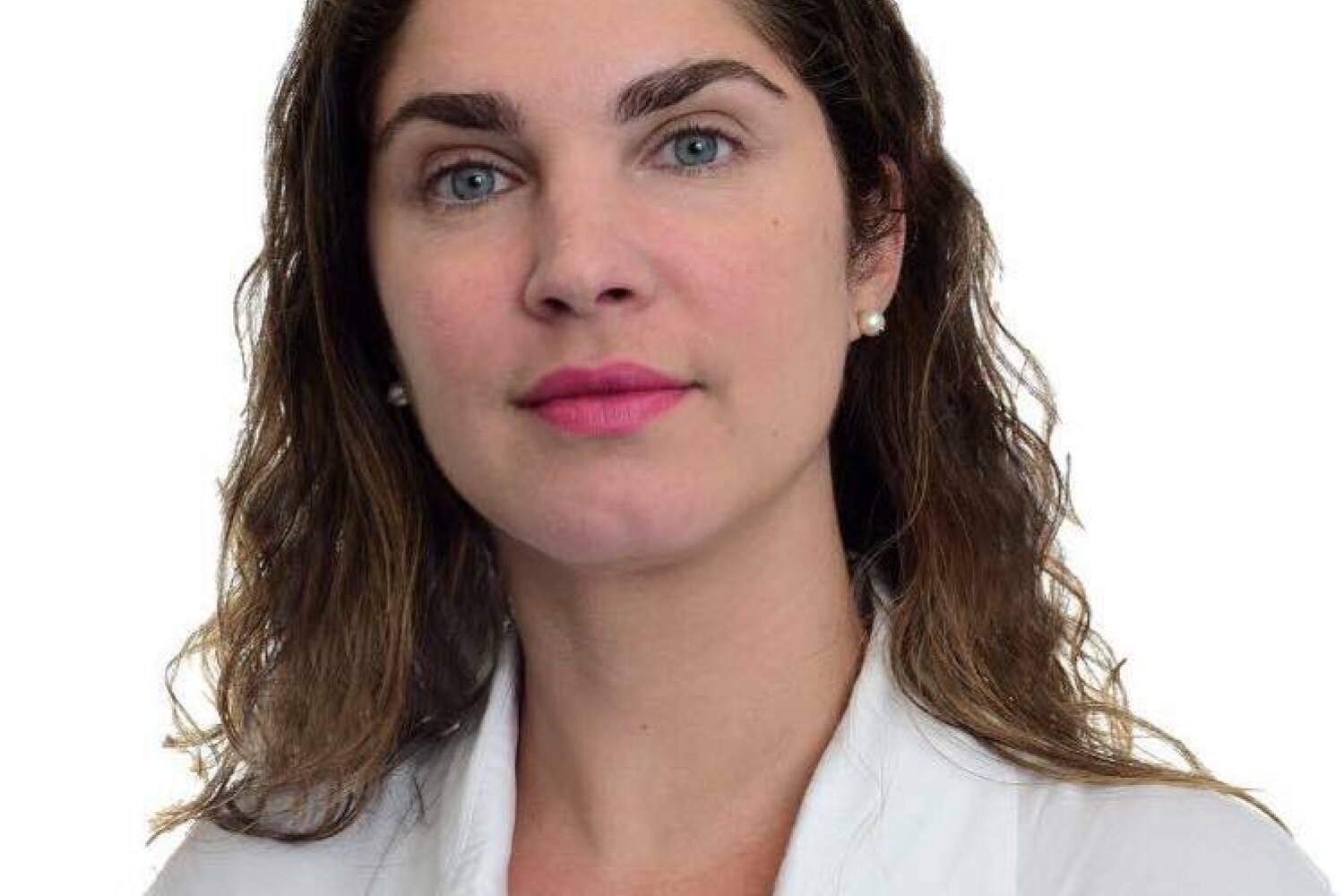RIO DE JANEIRO, BRAZIL – The director of international affairs and corporate risk management of the Central Bank (BC), Fernanda Guardado, said yesterday that the monetary authority does not work with a stagflation scenario for the Brazilian economy.
She said that “many people” predict a recession next year, based on recent revisions. “We have great difficulty in seeing these numbers,” she said, in a virtual event promoted by the Association of Banks in the State of Rio de Janeiro (Aberj). “We don’t work with a stagflation scenario.”
In the case of Brazil, Guardado pointed out that some sectors “will be pillars of growth” in 2022, such as farming and services.

“In the world, I think this [stagflation] is even less true,” she pointed out, stating that “all projections for next year are for robust growth,” even though there are concerns about the Chinese economy and the “half-coordinated phase of [global] stimulus withdrawal.”
“All these ingredients bring greater uncertainty for next year, but I think it will be a year of deceleration, not recession,” Guardado said.
The Central Bank projects a growth of 2.1% for 2022. According to the Focus Bulletin released yesterday, the median projection of financial institutions, consulting, and management companies points to a rise of only 0.93%.
The market’s forecast has been receding for six weeks, and important institutions, such as Itaú, calculate a fall in the country’s Gross Domestic Product (GDP) for 2022.
The Central Bank director also said that the monetary authority “works with a disinflation process in 2022”, caused by a recovery of the idleness of the economy “that tends to be a little slower”.
At the event, Guardado also stated that “it is not yet clear how much consumption levels will return to the pre-pandemic level.” Since the beginning of last year, there has been a migration of consumption from services towards goods. “Probably part of that process will be permanent, but it is hard to say how much,” she said.
When asked what monetary policy can do in a scenario of no significant reforms, but with an anticipated electoral climate and rising prices, Guardado reinforced that the Central Bank continues to aim for its inflation targets.
“What monetary policy can do is what we are doing, is react. We have a target, we have a mandate, we have independence,” she said.
In any case, the higher inflation of 2021 “ends up having an impact in 2022,” already causing “timid advancement [of expectations] for 2023.” “The number will be closer to 9.5% for this year, 9%, and high for 2021,” she said.

